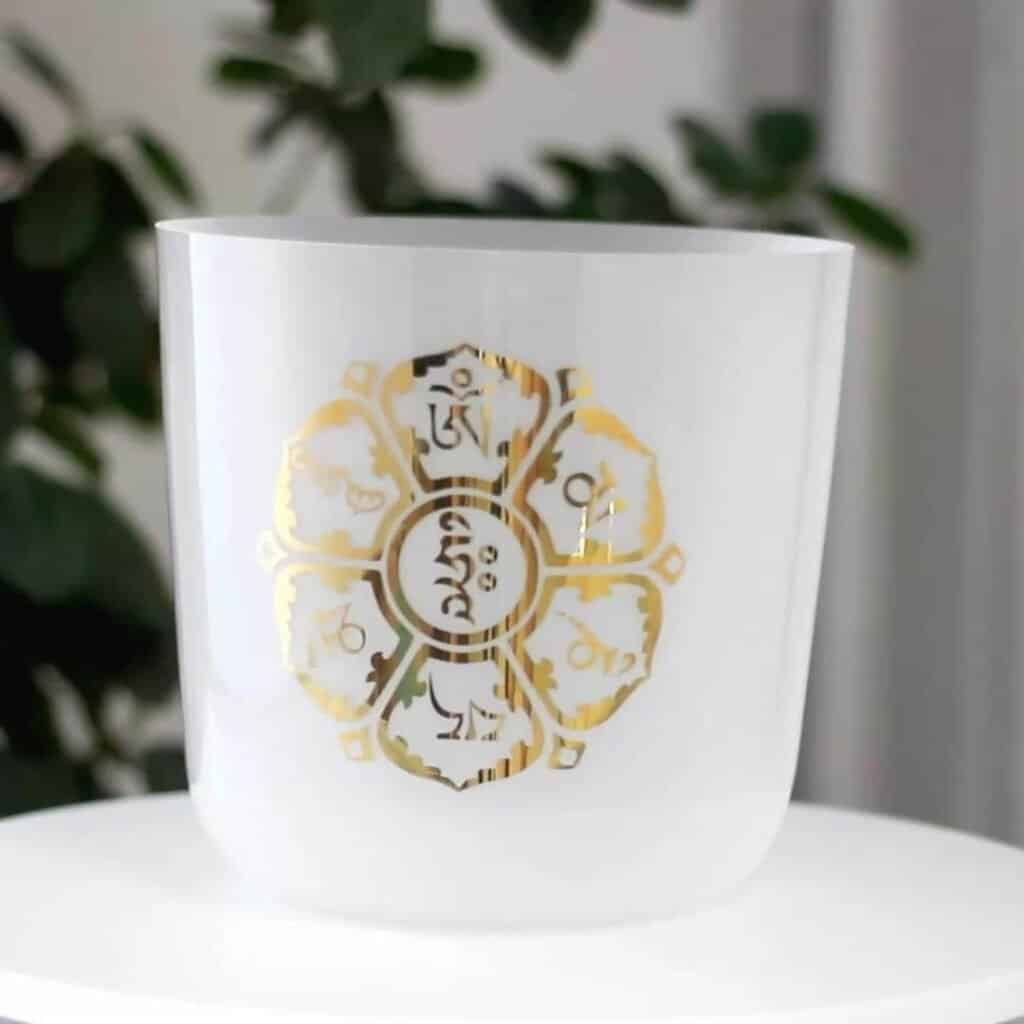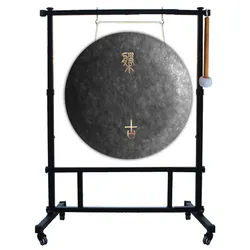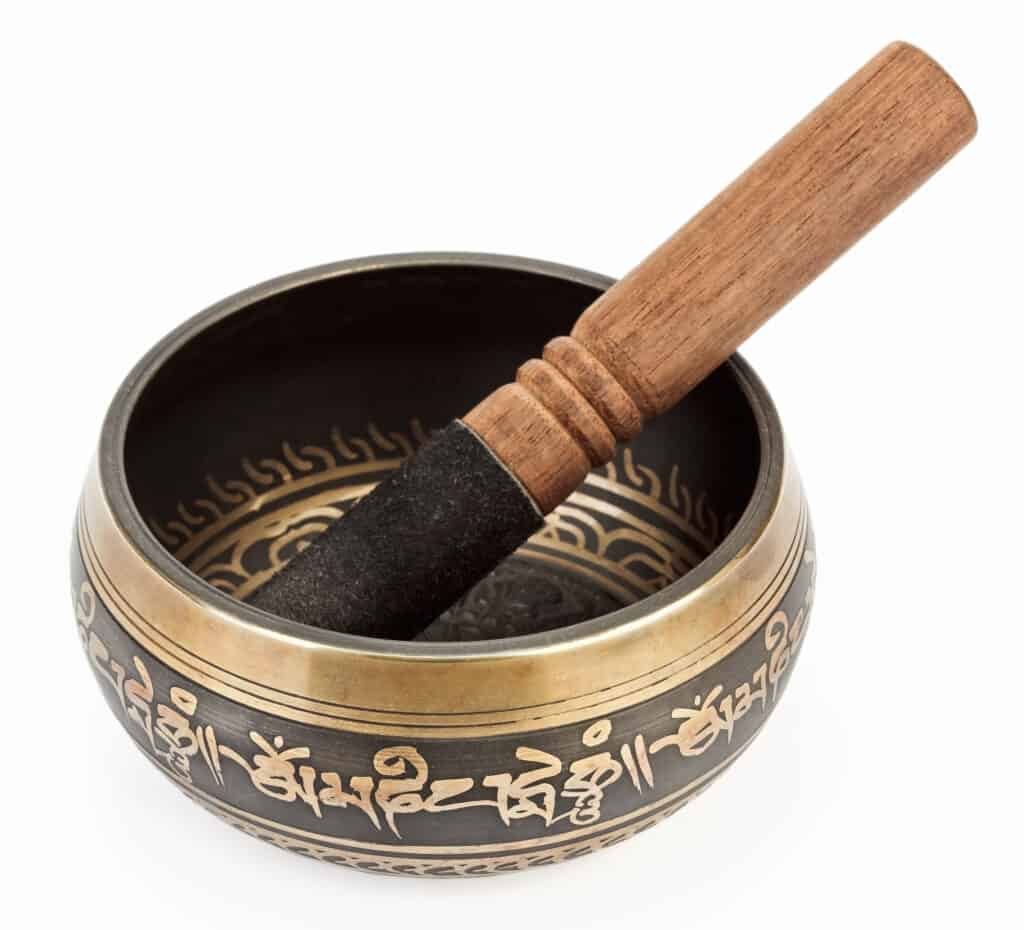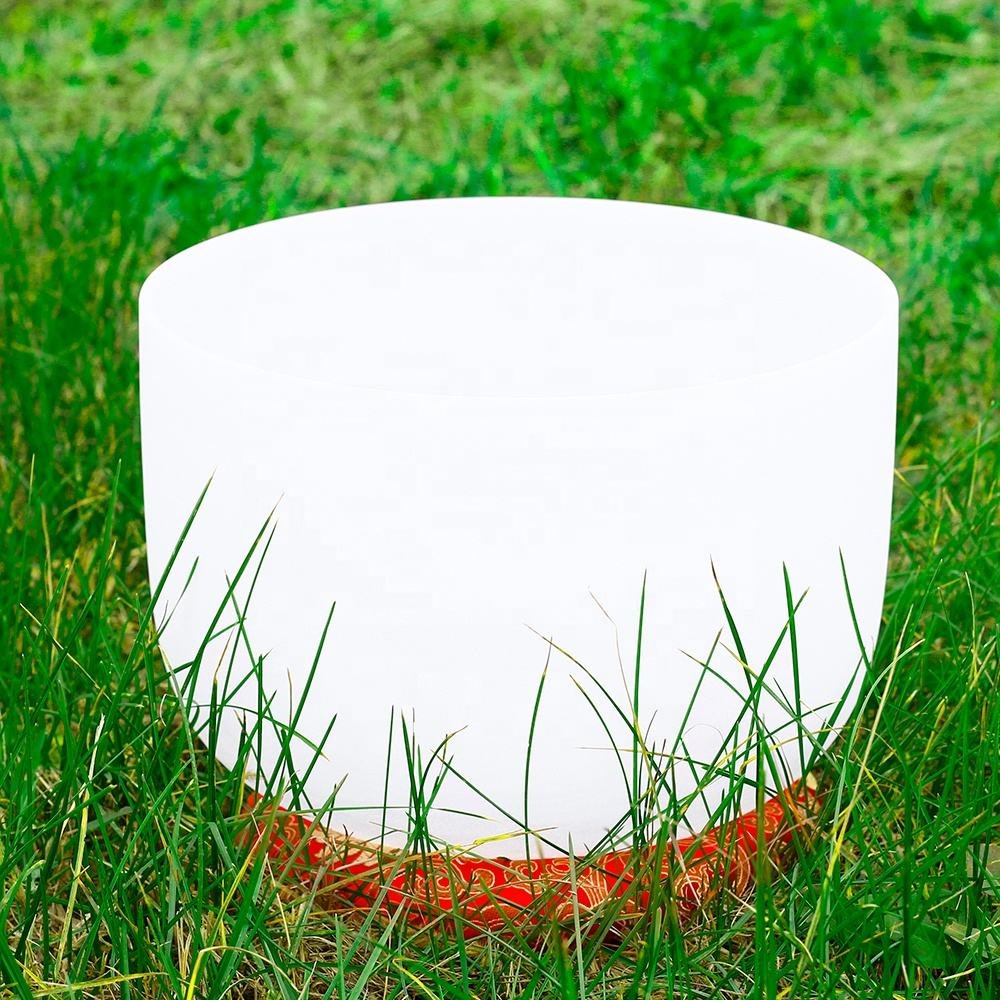Introduction
Meditation is a practice of self-reflection and mindfulness that has been around for thousands of years. It has been used by many cultures and religions to bring peace of mind, clarity, and inner stillness. The essence of meditation is to cultivate a deep awareness and understanding of our own thoughts, feelings, and emotions. Through meditation, we can gain insight and clarity into the patterns of our lives and find peace in the present moment. By cultivating awareness, we can become better equipped to handle stress and cultivate a healthier lifestyle.
Exploring the Different Types of Meditation and Their Techniques
Meditation is a practice that has been used for centuries to improve mental, emotional, and physical wellbeing. While the practice of meditation has many benefits, there are various types of meditation that can be used to achieve different goals. In this article, we will explore the different types of meditation and the techniques used in each.
The most common type of meditation is mindfulness meditation, which emphasizes living in the present moment. This type of meditation encourages practitioners to observe their thoughts, feelings, and physical sensations without judgment or criticism. Mindfulness meditation can be practiced by focusing on the breath and noticing how it feels, or by focusing on a single object such as a candle flame, crystal, or flower.
Another type of meditation is mantra meditation, which involves repeating a phrase or word in order to help focus the mind. This type of meditation is often used to help quiet the mind and promote feelings of peace and relaxation. Mantra meditation can be practiced by silently repeating a phrase or word while focusing on the breath.
Transcendental meditation is a type of meditation that involves repeating a mantra while focusing on the breath. This type of meditation is believed to help practitioners reach a state of deep relaxation and inner peace.
A less common type of meditation is guided meditation, which involves listening to a pre-recorded meditation script or audio track. During a guided meditation, the practitioner is encouraged to visualize a scene or image and use it to relax. Guided meditation can be used to help reduce stress, improve focus, and cultivate self-awareness.
Finally, movement meditation is a type of meditation that involves focusing on the body’s movements. This type of meditation can be practiced by engaging in gentle movements such as walking, tai chi, or yoga. Movement meditation encourages practitioners to move slowly and become mindful of their body and breath.
No matter which type of meditation you choose to practice, it is important to remember that the goal is to be in the present moment and observe your thoughts, feelings, and physical sensations without judgment or criticism. With regular practice, you may find that meditation helps you to cultivate inner peace and wellbeing.
What You Need to Know About Meditation and Stress Reduction
Meditation and stress reduction are important tools for leading a healthy and balanced life. Regular meditation can be an effective way to reduce stress and improve overall wellbeing. It can also be beneficial for managing physical and mental health issues.
Meditation is a practice of mindfulness, which is the ability to pay attention to the present moment without judgment. During meditation, practitioners focus on their breath or an object to help quiet the mind and become more aware of the present moment. It can be practiced in a variety of settings, including at home, in a group, or even on the go.
The practice of meditation has numerous benefits for stress reduction. Studies have shown that it can help reduce stress levels in the body by decreasing the activity of the stress hormone cortisol. Additionally, meditation has been found to reduce anxiety and depression, improve sleep quality, increase focus and concentration, and even boost the immune system.
When it comes to stress reduction, it is important to find a type of meditation that resonates with you. Some common types of meditation include Transcendental Meditation, Mindfulness Meditation, and Loving-Kindness Meditation. It is also important to set aside a specific amount of time each day to practice meditation. Experts recommend setting aside 10-20 minutes a day to meditate.
Finally, it is important to remember that stress reduction is a process and it takes time to develop a regular practice. It is important to be patient with yourself and to keep in mind that meditation can help you to stay balanced and manage stress more effectively.
Examining the Science Behind Meditation and Its Benefits
Meditation has been used for centuries as a spiritual and mental practice, but in recent years, scientific research has begun to uncover the many physical and mental health benefits of this ancient practice. In this article, we will examine the science behind meditation and its benefits, and explore why this age-old practice is gaining popularity in modern society.
The scientific basis of meditation lies in its ability to reduce stress and its effects on the body. When the body is stressed, it releases the hormone cortisol, which puts the body in a fight-or-flight response. This response triggers a cascade of physiological events that can lead to physical and mental distress. Meditation, however, helps to reduce cortisol levels, leading to a more relaxed state and reduced levels of stress.
Meditation can also improve cognitive and emotional functions, such as focus, attention, and memory. By calming the mind, it can help to reduce mental chatter and distractions, allowing for better concentration. Additionally, meditation can help to reduce anxiety, allowing for more mindful and intentional decision-making.
Perhaps one of the most remarkable benefits of meditation is its effect on physical health. Studies have found that regular meditation can reduce blood pressure, improve heart rate variability, and reduce inflammation. Additionally, meditation can help to reduce chronic pain, improve sleep, and boost the immune system.
Overall, the science behind meditation is compelling and shows that this time-honored practice has a multitude of physical and mental health benefits. By reducing stress, improving cognitive and emotional functions, and promoting good physical health, meditation can help people to live healthier, happier lives.
How to Create a Mindful Practice That Works For You
Creating a mindful practice that works for you requires dedication and commitment. Mindfulness is a practice of being aware of your thoughts, feelings, and bodily sensations in the present moment. It involves being open to and accepting of your experience without judgment or criticism. Mindfulness can help you become more aware of yourself and your environment, and it can also be a powerful tool for reducing stress and managing difficult emotions.
The first step in creating a mindful practice is to establish a dedicated time and place for your practice. This could be in the morning, evening, or both, depending on your schedule. It’s important to find a quiet space where you won’t be disturbed. It also helps to make it a comfortable environment with minimal distractions.
Once you’ve established a regular practice time and place, it’s time to decide what type of mindfulness practice works best for you. There are many different types of mindfulness practices, such as body scans, mindful movement, and guided meditations. Explore different practices to find one that resonates with you.
Next, create a plan for your practice. Think about how much time you want to dedicate to your practice and what activities you want to focus on. For example, you might decide to spend 10 minutes a day doing a body scan and 10 minutes doing a mindful movement practice.
Finally, create a routine for yourself. This could include setting an alarm for your practice, setting out any equipment you might need (e.g., yoga mat, meditation cushion), and deciding if you’d like to listen to any guided meditations or music during your practice. Having a routine will help you stay on track with your practice.
Creating a mindful practice that works for you takes time and effort, but it’s worth it. With dedication and commitment, you can cultivate a practice that will help you become more aware, connected, and resilient.
Exploring the Benefits of Meditation for Mental and Physical Health
Recent research has also shown that meditation can have a positive impact on physical health, such as reducing pain, improving sleep quality, and increasing immunity.
The practice of meditation can be done in a variety of ways, but typically involves focusing on the breath and bringing awareness to the present moment. It is also important to maintain a comfortable seated posture, as this can help to create a sense of inner balance and stability. By taking time out of our busy lives to simply sit and be present, we can reduce stress and anxiety and create a sense of inner calm.
The mental health benefits of meditation are numerous. Studies have shown that it can reduce rumination and intrusive thoughts, while increasing self-awareness and emotional regulation. It can also help to improve concentration and focus, which can be beneficial for those who struggle with attention issues or difficulty staying on task.
In addition to its mental health benefits, meditation can also have a positive effect on physical health. Research has shown that regular meditation can reduce pain, improve sleep quality, and increase immunity. It has also been linked to decreased levels of stress hormones and higher levels of feel-good hormones such as serotonin and dopamine.
How Meditation Can Help You Unlock Your Inner Potential
Meditation is a practice that has been used for centuries to help people unlock their inner potential. It is a powerful tool for achieving greater mental, emotional, and spiritual balance. By taking the time to focus on a single point of concentration, such as the breath or a mantra, a person can tap into their inner resources and gain insight into their life purpose.
The practice of meditation offers a number of benefits; it can help to reduce stress, build resilience, and cultivate a sense of well-being. It can also help to improve concentration, clarity of thought, and self-awareness. Through meditation, one can access their inner wisdom and gain insight into their life’s purpose.
One of the most powerful ways to unlock your inner potential is to practice mindfulness meditation. This type of meditation involves focusing your attention on the present moment and observing your thoughts and feelings without judgment or attachment. By cultivating an awareness of the present moment, one can begin to understand the patterns of their thoughts, feelings, and behaviors, and gain insight into their inner potential.
Another way to unlock your inner potential is to practice loving-kindness meditation. This type of meditation involves sending loving thoughts and feelings to oneself and others. By connecting with our heart’s deepest desire for love, peace, and well-being, we can access our inner strength and open ourselves up to a greater sense of purpose.
The practice of meditation can also help to reduce negative self-talk and cultivate a greater sense of self-compassion. By taking the time to observe our thoughts and feelings without judgment, we can begin to recognize the parts of ourselves that are worthy of love and respect. This can help to boost our self-esteem and confidence, and open us up to our deepest potential.
Meditation can also be beneficial for physical health. Studies have shown that a regular practice of meditation can help to reduce inflammation, improve sleep, and boost the immune system.
Conclusion
The essence of meditation is to provide a sense of inner peace, clarity and focus. It is a practice of mindfulness and self-awareness that can help to reduce stress, anxiety and negative thoughts. Meditation is also a powerful tool for self-discovery and growth, allowing us to create a deeper understanding of our selves and the world around us. Ultimately, it is a way of cultivating a greater sense of wellbeing and inner peace.












